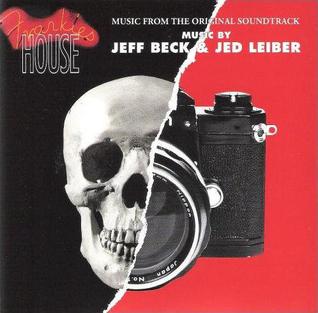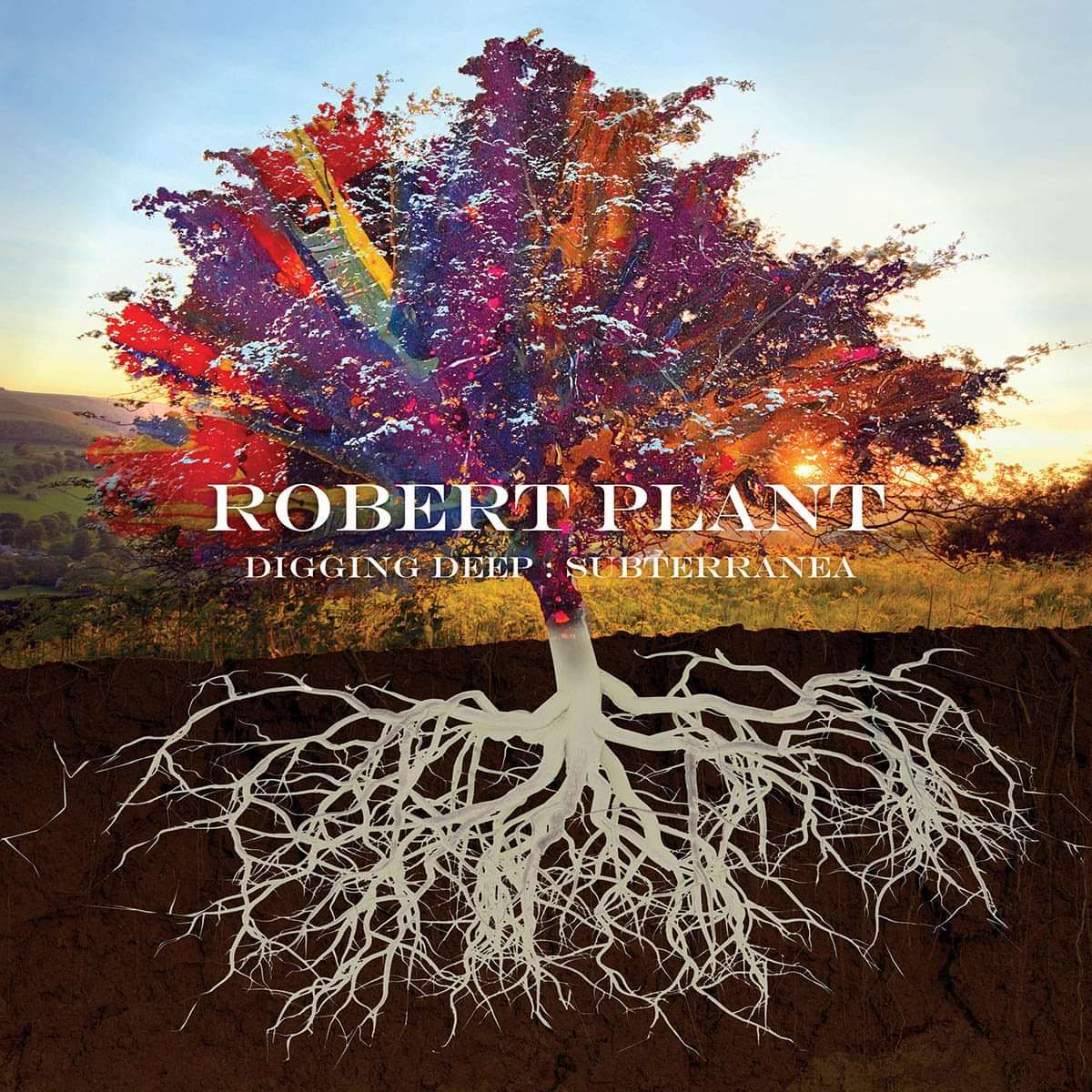Right away, “Your Starter For…” is an antiseptic instrumental written by occasional band member Caleb Quaye, and unfortunately provides an incongruous setup for the lengthy introduction to “Tonight”, performed by the London Symphony Orchestra (and recorded at Abbey Road Studios, of course). All that’s missing is a candelabra. When Elton’s vocal finally comes in, you wish he hadn’t taken so long. As a movie soundtrack it might work, but there’s nothing like the payoff of “Love Lies Bleeding” after “Funeral For A Friend”. (We’ll try to keep those comparisons to a minimum.) “One Horse Town” manages to combine rock and disco in a well-worn theme for this lyricist, except that Ray Cooper’s vibraphone plonks are mixed as loud as the synthesized burps. Ray similarly dominates the next track, but as “Chameleon” recalls earlier, simpler triumphs, it’s a keeper. Finally.
Side two continues the flirting with American music, and not successfully. “Boogie Pilgrim” has something of a New Orleans funk strut, with lots of interjections by the Rev. James Cleveland for some reason. “Cage The Songbird” tries to do for Edith Piaf what “Candle In The Wind” did for Marilyn Monroe, but the “Daniel” flutes and country backing don’t fit. David Crosby and Graham Nash nicely blend their voices, though, as they did consistently when asked. “Crazy Water” is a too-long retread of “Philadelphia Freedom”, but lose the Brecker Brothers horn section and David Sanborn sax solo, and “Shoulder Holster” might fit on Tumbleweed Connection, though it wouldn’t be a highlight.
A true classic, and a heartbreaking one, emerges in “Sorry Seems To Be The Hardest Word”; our only quibble is the accordion. The mood is dispelled by “Out Of The Blue”, a six-minute instrumental sporting impeccably synchronized guitar and yes, vibes. The mild island feel of “Between Twenty And Seventeen” does not match a lyric about how the music business wrecked Bernie’s marriage to a certain tiny dancer. “The Wide Eyed And Laughing” gets points for being different, as it features several sitars as well as Crosby and Nash again. It also took five people to write. Reflecting the down start to the side, “Someone’s Final Song” is a sad elegy featuring just Elton, his piano, sympathetic keyboard touches from James Newton Howard, and mild backing voices.
The vibe continues on “Where’s The Shoorah?”, with a similar stark performance except for the choir led by Rev. Cleveland. (We looked it up, and while a shoorah has connotations both Hebrew and hoodoo, chances are Bernie just liked how it sounded.) The title basically sums up “If There’s A God In Heaven (What’s He Waiting For?)”, more fist-shaking about social ills. Despite the musical quality of this last run of tracks, “Idol” inadvertently identifies the main problem with the album (“he's not the same no more/And I have to say that I like the way his music sounded before”) over a lounge backing that must have meant a lot to George Michael. “Theme From A Non-Existent TV Series” is as badly placed as the other instrumentals, and “Bite Your Lip (Get Up And Dance!)” tries to provide a grand finale along the lines of “Saturday Night’s Alright For Fighting”, not realizing they’d nailed it the first time.
As well produced as it is, and there are high points, Blue Moves is still a mess, if not quite the Self Portrait to his Blonde On Blonde. Even if it were shaved down to two sides, it would still be subpar. Unfortunately, this is approximately where Elton, and his golden touch, went off the rails. (Because of the varying accepted capacity of compact discs in their early days, the album’s debut in the format was incomplete, cutting four tracks almost at random in order to fit on a single CD. It only took 20 years for a fully restored two-CD program, split between the original two LPs.)
Elton John Blue Moves (1976)—2







